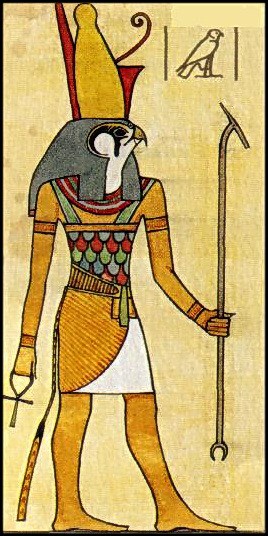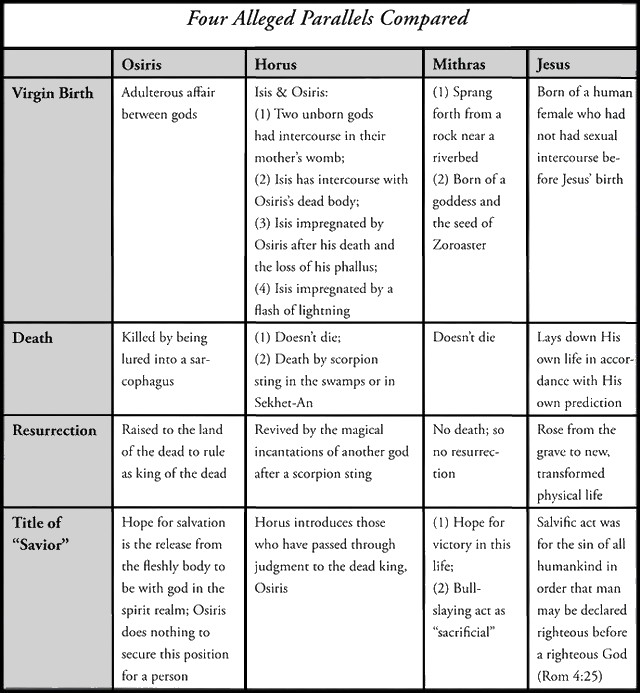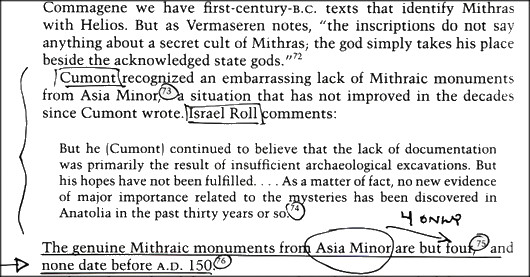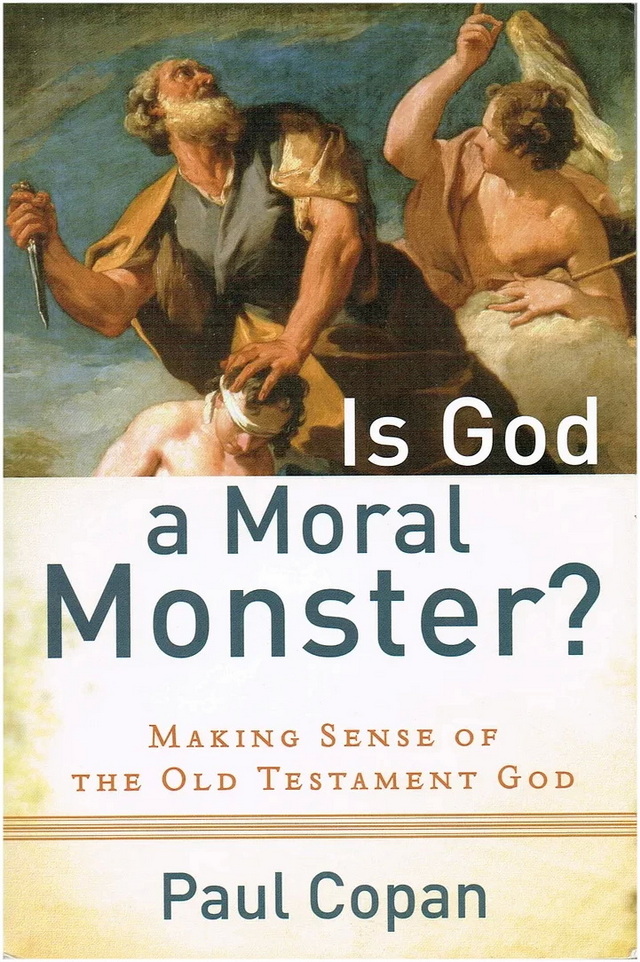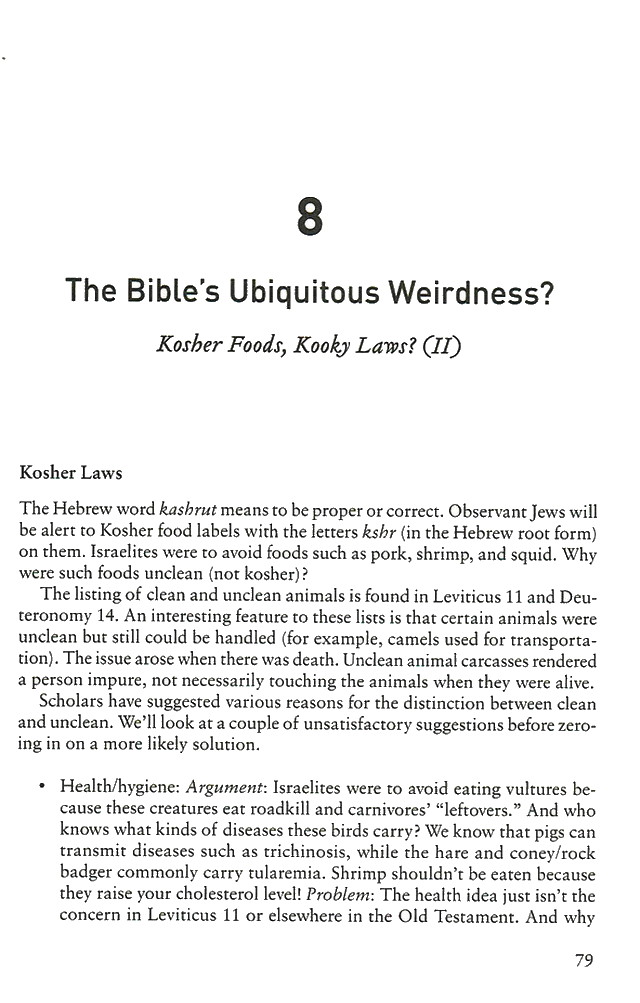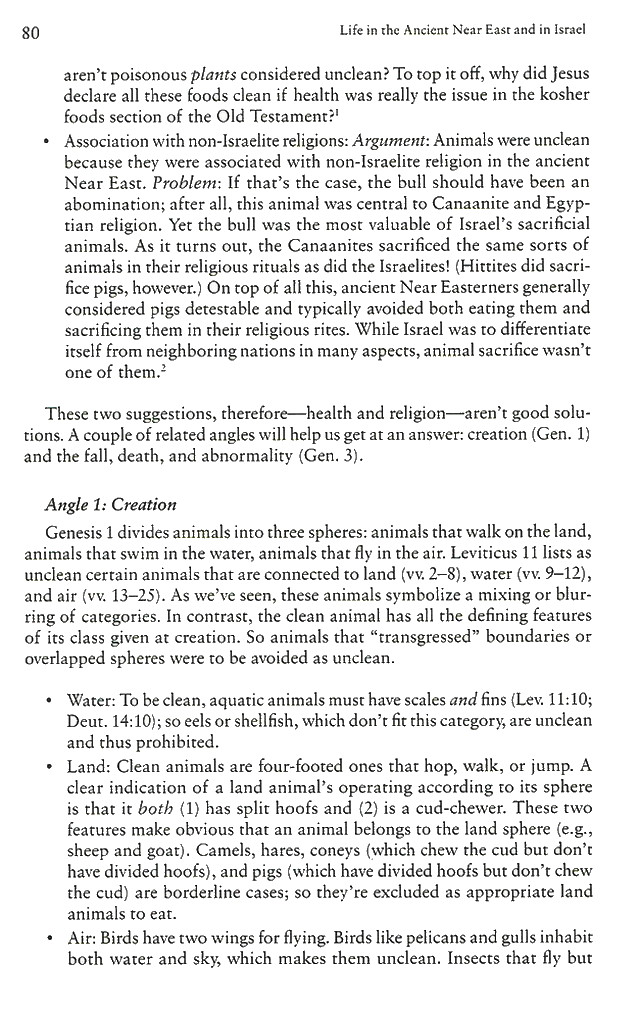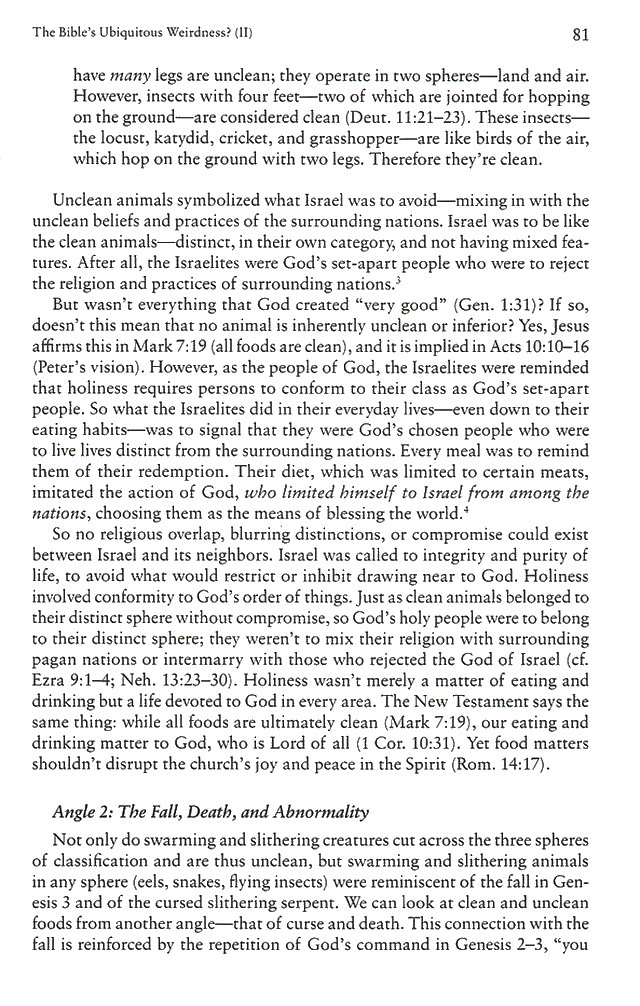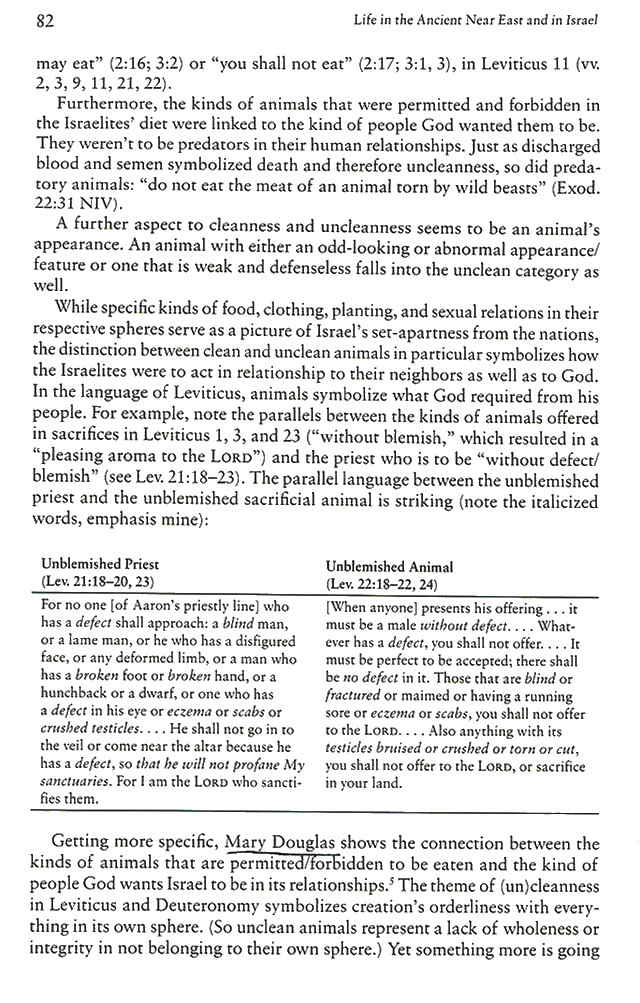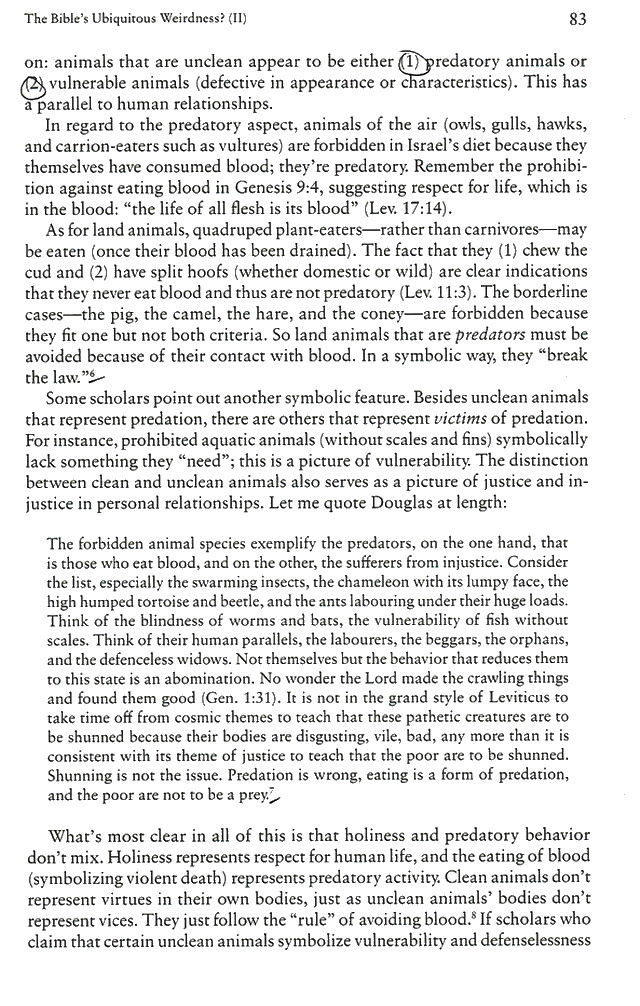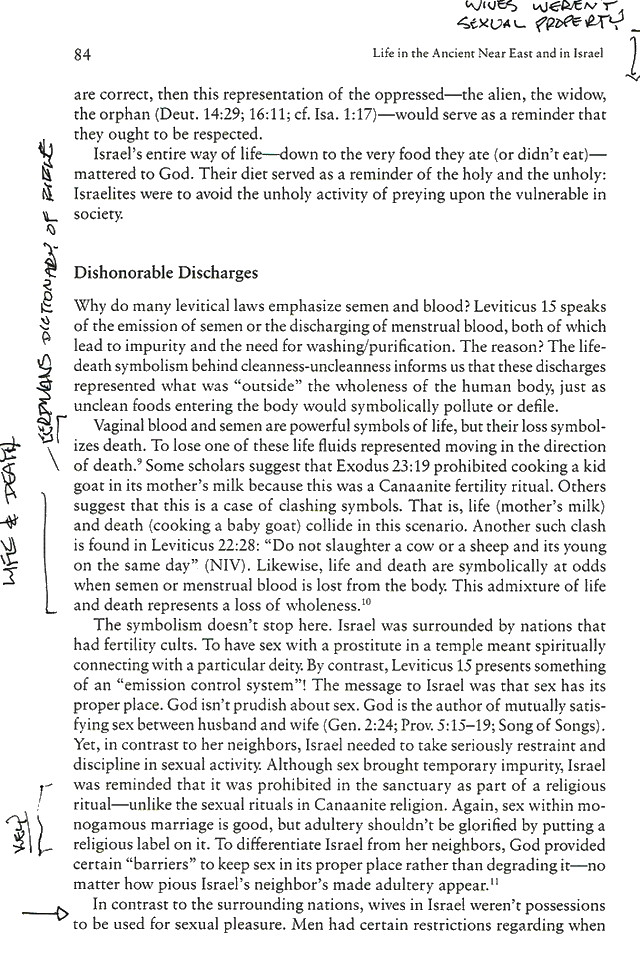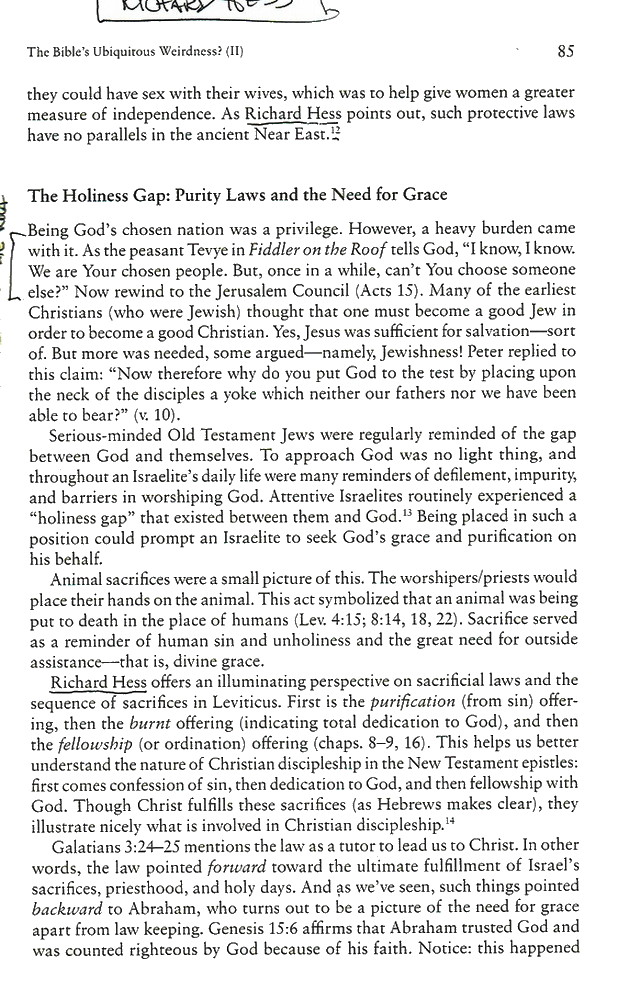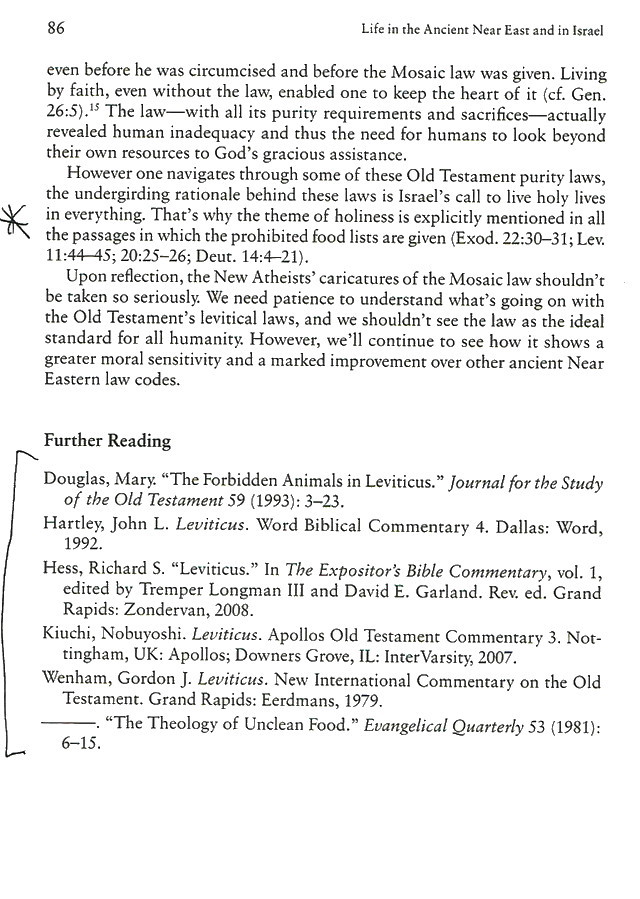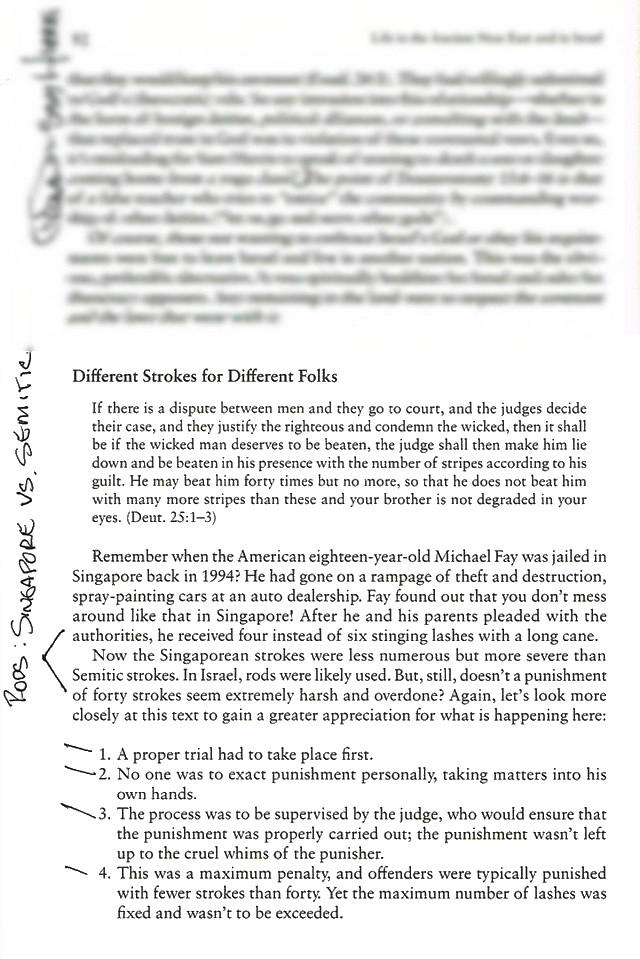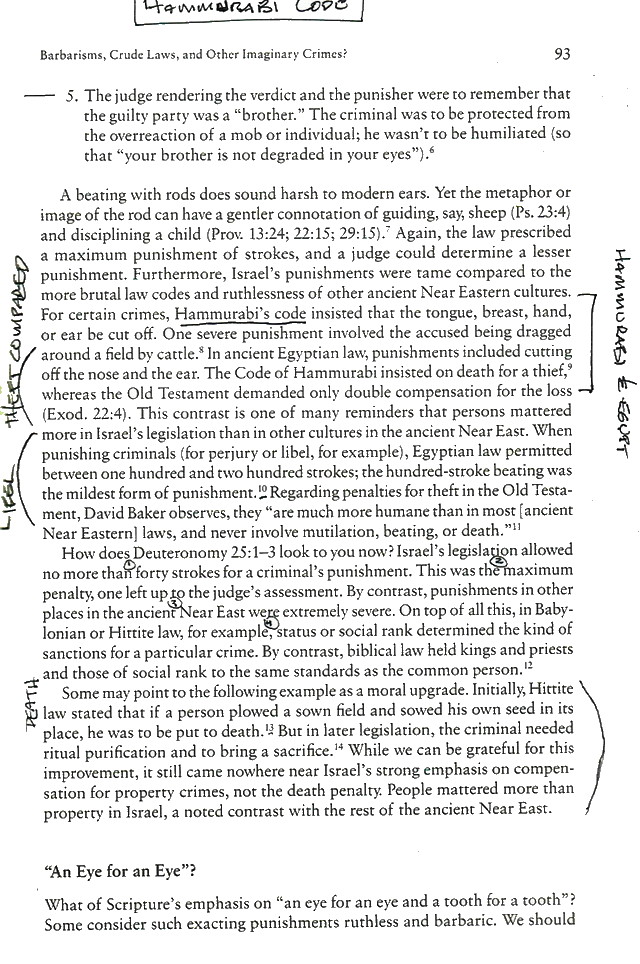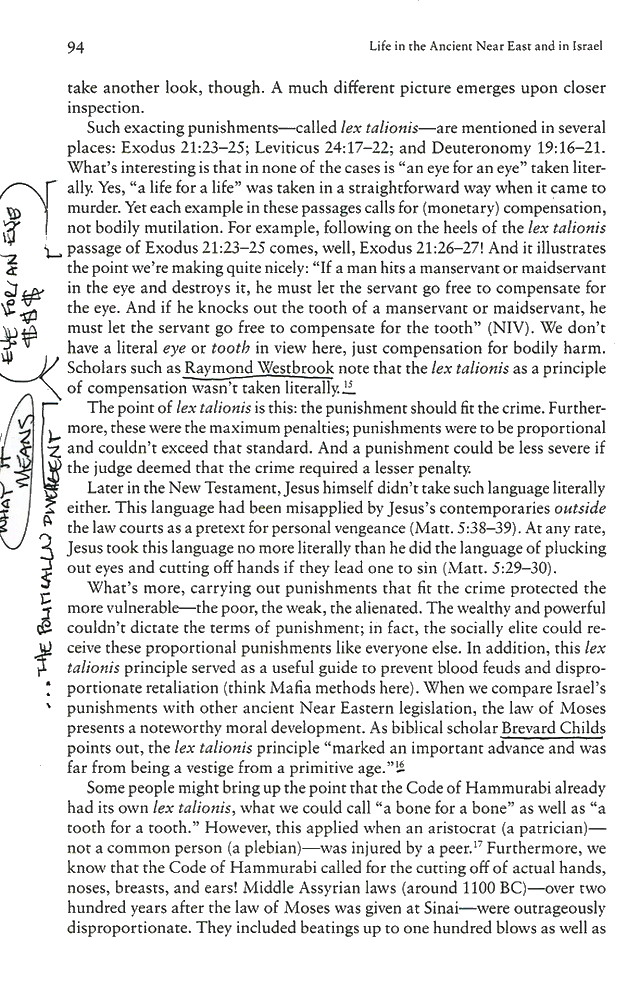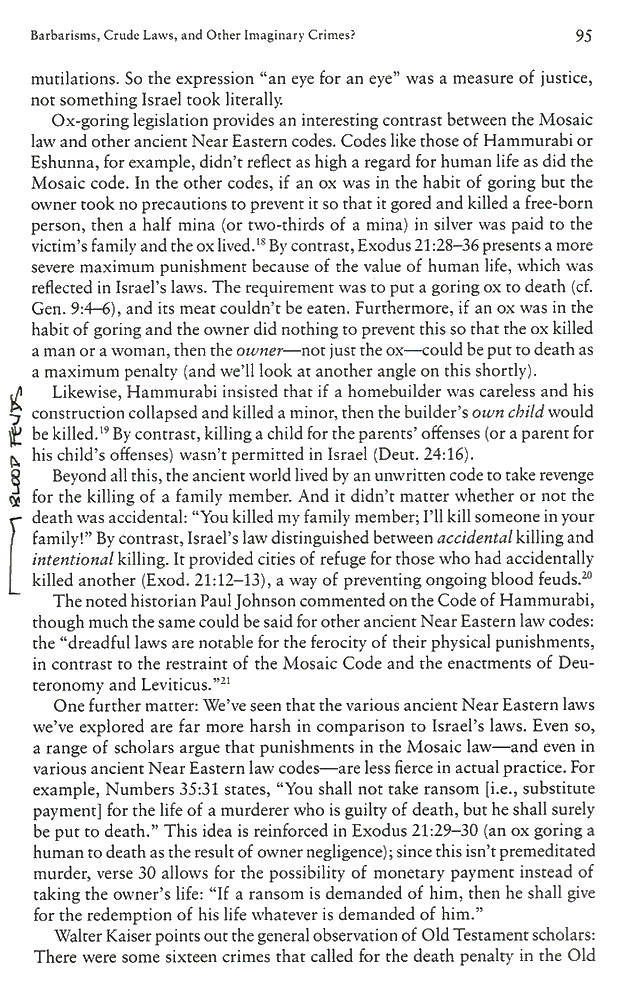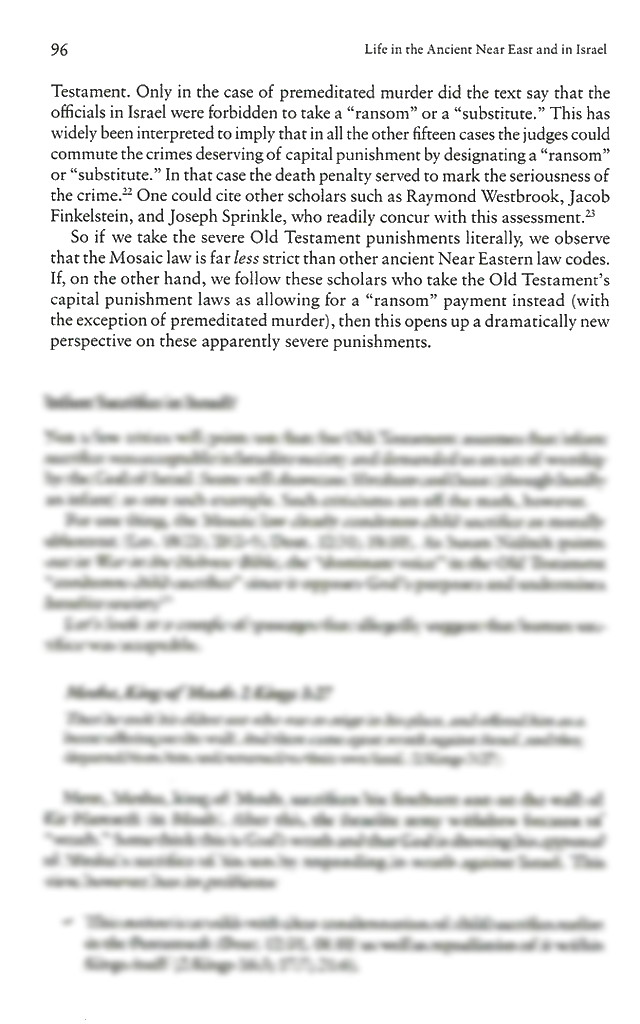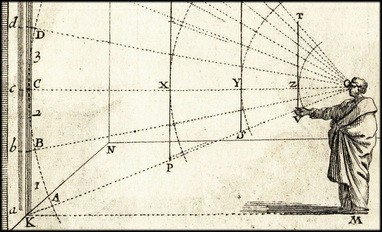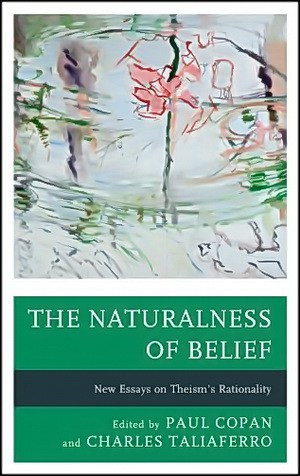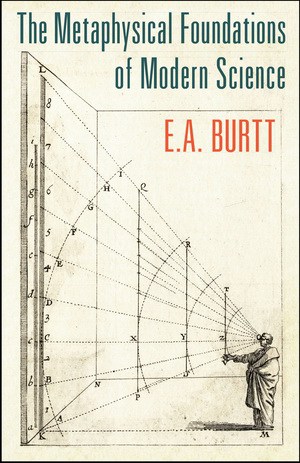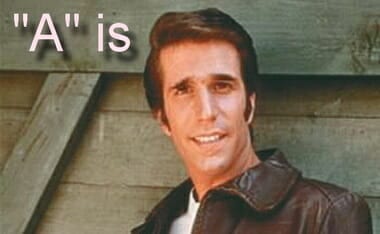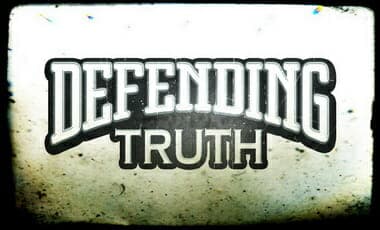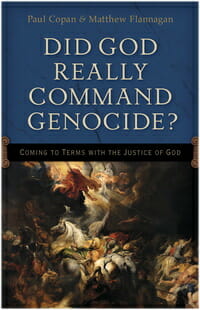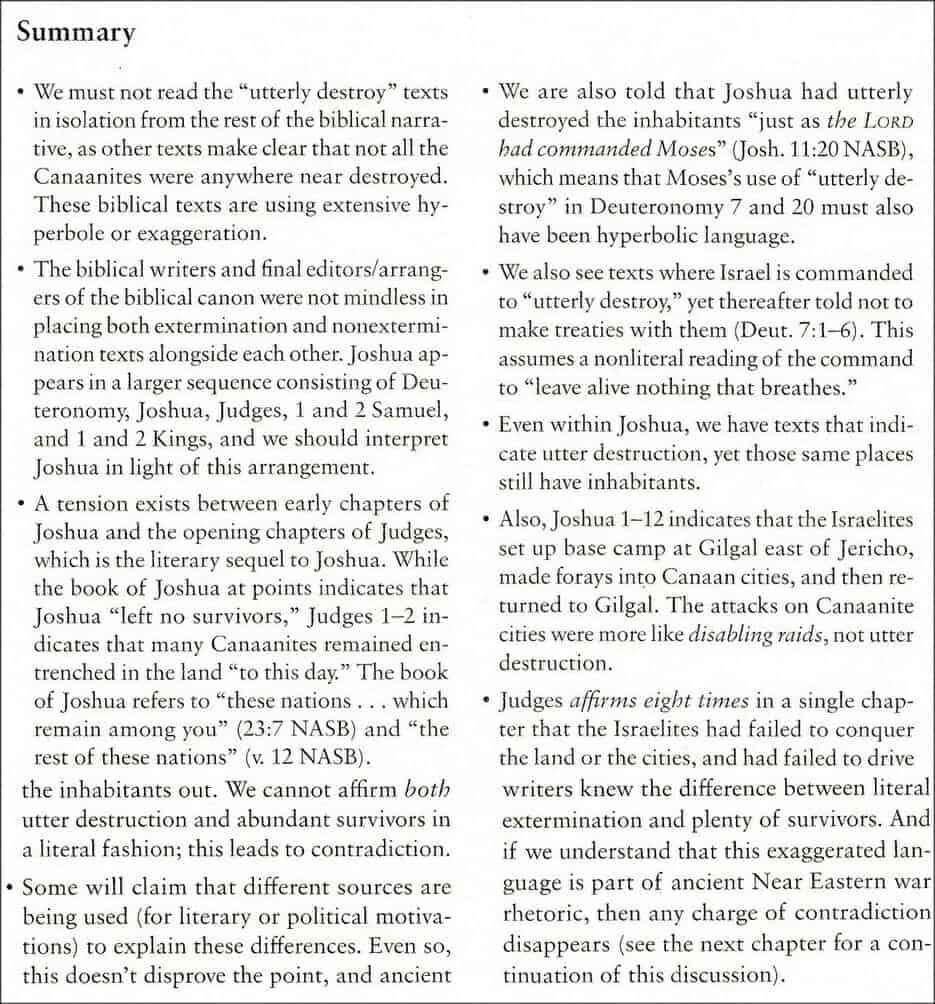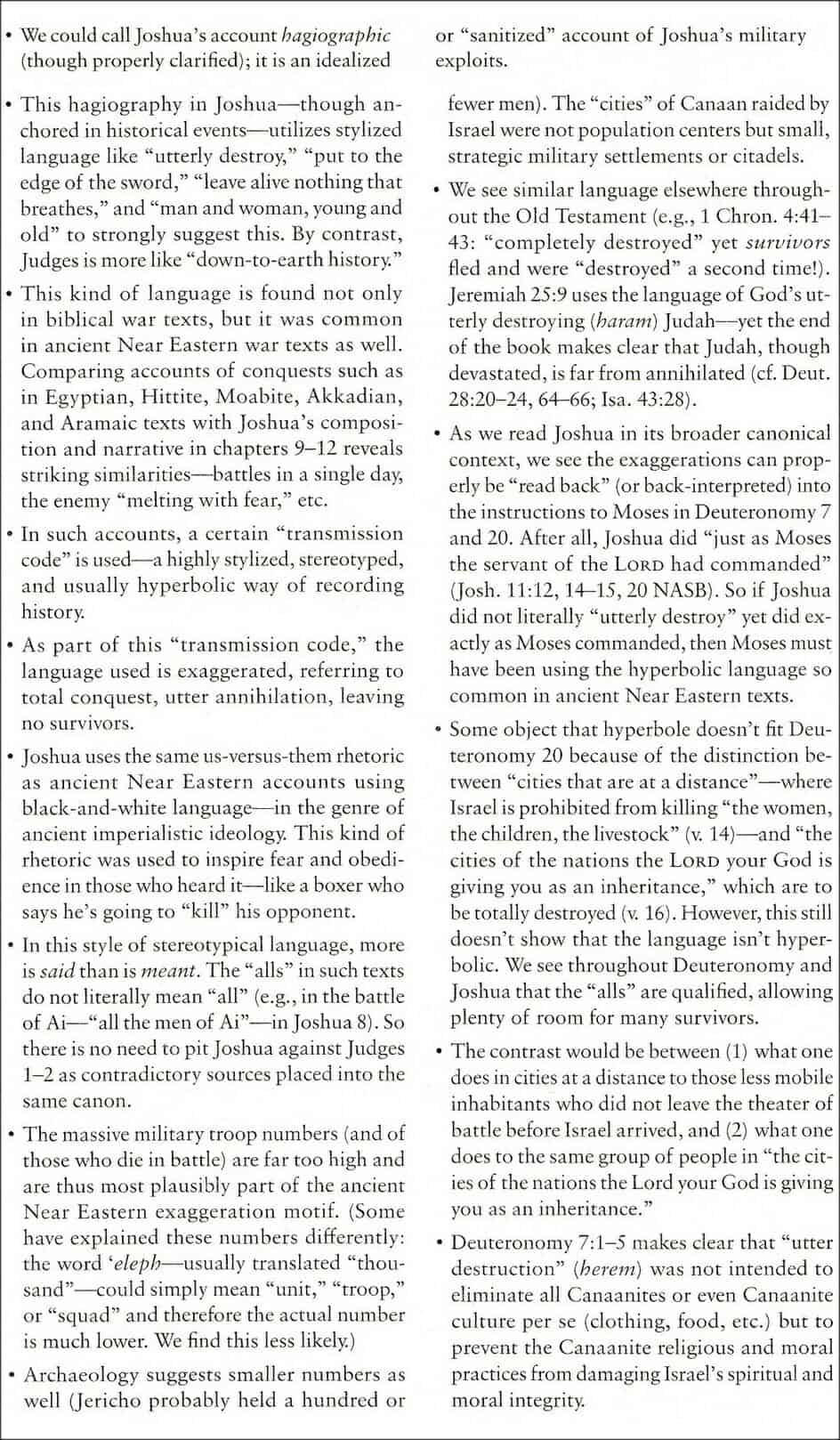UPDATED WITH WRETCHED… originally posted August 2014
This evangelism encounter is POWERFUL. Watch an intelligent college student PRESS street-preacher Todd Friel on the requirements to enter Heaven, then receive a biblical explanation.
This post is a response to a question posed to me via my email by an atheist.
I see that you do some apologetics. Here are a few sincere questions that I’ve tried to get answered from Christians like Greg Koukl, but I never seem to get a response. I’m not baiting you by sending you these questions. If you have any thoughts on these issues, I’d appreciate getting to read your opinion.
1. The New Testament makes it clear that its only through faith in Jesus and his sacrifice that humans can enter heaven. Anyone who lived before Jesus started his ministry had no way of having faith in Jesus. Maybe the people of ancient Israel could piece together what they needed to believe to achieve salvation, but for the gentiles or even humans who lived in North America before the birth of Jesus, they would have no knowledge of the nation of Israel. And most certainly they would have no knowledge of a coming messiah or a future person named Jesus and his sacrifice. What I can conclude is that God allowed humans to be born that would have absolutely no chance of avoiding eternal torment in the fires of hell. I’ve been told that human morality proves that God must be a moral being. However, we have an enormous contradiction here. The God in this scenario is not worthy of respect or love because he is not moral. Hitler and Stalin would have to be quite envious of the amount of torment this God would have allowed.
I brought up the idea of Native-Americas (N-A) not hearing the Gospel with my dad. It seemed, to me, unfair that they should not be afforded at least some clarity in an opportunity to be judged before their maker. My dad shared his thoughts on the matter, and it started with a reading from Romans:
- 18 For God’s wrath is revealed from heaven against all godlessness and unrighteousness of people who by their unrighteousness suppress the truth, 19 since what can be known about God is evident among them, because God has shown it to them. 20 For His invisible attributes, that is, His eternal power and divine nature, have been clearly seen since the creation of the world, being understood through what He has made. As a result, people are without excuse. (The Holy Bible: Holman Christian Standard Version. [Nashville: Holman Bible Publishers, 2009], Ro 1:18–20.)
- But God’s angry displeasure erupts as acts of human mistrust and wrongdoing and lying accumulate, as people try to put a shroud over truth. But the basic reality of God is plain enough. Open your eyes and there it is! By taking a long and thoughtful look at what God has created, people have always been able to see what their eyes as such can’t see: eternal power, for instance, and the mystery of his divine being. So nobody has a good excuse. (Eugene H. Peterson, The Message: The Bible in Contemporary Language [Colorado Springs, CO: NavPress, 2005], Ro 1:18–20.)
He explained that the tribes that were very “war-like,” like the Comanches, acted in rejection of what they knew to be God’s creation and how they should treat their fellow man and nature via the attributes they could clearly interpret via nature. The Sioux were at other times feared as well.
Peaceful tribes – not perfect mind you, but they had a deep understanding of their Creator and how to care for their own and other Native-American tribes they encountered — would interpret nature’s revelatory aspect of Whom they were to worship, and how. The Hopi tribe is one example.
To be clear, when theologians say that God is ultimately sovereign in his decisions over his creation, I am down with this. God — in classical understanding — IS the “Good” and would have a larger view of the panoply of history (since God would be outside of it and viewing it as a whole… the Eternal Now type stuff). So His judgement would necessarily be a Just one. I am not questioning this. I am saying that there are views within orthodoxy that struggle with the boundaries of those who have lived by law seeing that redemption of nature and themselves was somehow woven into nature and never hearing the Gospel (Hebrews 11:9-11). …continuing….
So using the Romans understanding of “The Book of Nature,” and the basis for “unsaved” people seeing – yes, even God’s attributes – something metaphysical and not just material, and looked forward to this hope. Also, these stories of creation and serving a God were handed down from the beginning of mankind. Some people across the earth held close these ancient stories although changed with time.
Combine this with the story of Abraham’s Bosom (Luke 16:19-31) and what Peter tells us about Jesus preaching to these lost souls (I Peter 3:18-20). I would posit — staying within the lane-lines of orthodoxy — that those in the world [pre and post Calvary] who have not been afforded a good explanation of the Gospel message may be afforded an opportunity to respond. This is not me arguing for universalism, but for justice being metered out in some form that was communicated to the Hebraic peoples that is hinted to in the New Testament.
Some Commentary On 1 Peter 3:18-19
This verse raises the two most difficult questions in the letter. When did Jesus preach to the spirits in prison, and who were they? Some take the verse to refer to the chronological sequel to Jesus’ death, when his spirit passed into the realms of the departed. Then, with Acts 2:31 and Eph. 4:9, this verse establishes the clause in the Creeds about Jesus’ descent to the dead. In that case he must have preached to all the dead in one of three ways: to offer them a second chance of salvation; to proclaim his victory over death and triumph over the power of evil and so confirm the sentence on unbelievers and announce deliverance for believers; to proclaim release from purgatory to those who had repented just before they perished in the flood (a popular interpretation among Roman Catholic writers).
Neither the first nor the last of these can be supported from Scripture, but the second has been held by many commentators as fitting in with the NT evidence above. E.G. Selwyn (The First Epistle of Peter [Macmillan, 1949]), and others see the spirits in prison as the fallen angels of Gn. 6:1–8 referred to in 2 Pet. 2:4–10 and Jude 6 as well as in the apocryphal 1 Enoch. Peter’s aim in this context is to demonstrate that God’s purpose is being worked out even in times of suffering. So it would seem best to understand the preaching as a declaration of Christ’s triumph, in order to assert (22) that all angels, authorities and powers [are] in submission to him. Grudem (TNTC) in an appendix summarizes the views and claims that the spirits were Noah’s contemporaries who rejected the preaching of the Spirit of Christ through Noah (see 2 Pet. 2:5) and are now in the prison of the abode of the dead. The interpretation of made alive by the Spirit (18) as a reference to the resurrection, and the spirits in prison as a reference to the fallen angels is cogently argued by R. T. France in New Testament Interpretation, ed. I. H. Marshall (Paternoster Press, 1979), pp. 264–281. He claims that NT and contemporary usage favour this understanding of the word spirits when used by itself, rather than applying it to men and women who had died before Jesus came to bring the gospel.
No view is free of problems, but the use of a verb implying steady and purposeful progression (went [19] and has gone [22] are both the same Gk. word poreutheis) suggests that Peter is recounting what Jesus accomplished between his death and exaltation.
D. A. Carson et al., eds., New Bible Commentary: 21st Century Edition, 4th ed. (Leicester, England; Downers Grove, IL: Inter-Varsity Press, 1994), 1380–1381.
I marry this understanding to a view via William Lane Craig, a name you may be familiar with is on the opposing side of Christian apologetics. He has a view on Molinism I enjoy a bit. [“Enjoy a bit” – I believe is still in the pale of orthodoxy] Here is what he says, and I will emphasize the important aspect I wish to highlight:
The doctrine of Molinism seeks to reconcile God’s sovereign predestination with man’s free will. Through His divine middle knowledge, God can know all possible outcomes of any world that is feasible for Him to create, including all the circumstances required for an individual to come to a saving knowledge of Him. But what if the saving of one individual means the loss of another? Does Molinism provide answers to such a dilemma? In this article, Dr. Craig answers questions on the how God would act if his choices were bound by damning either person A or person B arbitrarily.
Read more: http://www.reasonablefaith.org/molinism
I see the solution to your query in your first question in the above. [And the few videos immediately below.]
And it is the same question[s] I struggled with and struggle with. This does away with the contradiction you see. I do wish to note however, that you are taking a moral position in your premise, Saby. And without God, this cannot be the case. Jesus would HAVE to be intimately involved in all of the above scenarios… intimately. None of the above take away from this fact.
I do not know your worldview you operate from, but I can assume atheistic in its presuppositions. But truth (absolute ethical statements are included in this understanding of truth) is something of a fiction to the atheistic evolutionist. Here are some quotes and audio/videos to make my point:
Let’s consider a basic question: Why does the natural world make any sense to begin with? Albert Einstein once remarked that the most incomprehensible thing about the universe is that it is comprehensible. Why should we be able to grasp the beauty, elegance, and complexity of our universe?
Einstein understood a basic truth about science, namely, that it relies upon certain philosophical assumptions about the natural world. These assumptions include the existence of an external world that is orderly and rational, and the trustworthiness of our minds to grasp that world. Science cannot proceed apart from these assumptions, even though they cannot be independently proven. Oxford professor John C. Lennox asks a penetrating question, “At the heart of all science lies the conviction that the universe is orderly. Without this deep conviction science would not be possible. So we are entitled to ask: Where does the conviction come from?”” Why is the world orderly? And why do our minds comprehend this order?
Toward the end of The God Delusion, Dawkins admits that since we are the product of natural selection, our senses cannot be fully trusted. After all, according to Darwinian evolution, our senses have been formed to aid survival, not necessarily to deliver true belief. Since a human being has been cobbled together through the blind process of natural selection acting on random mutation, says Dawkins, it’s unlikely that our views of the world are completely true. Outspoken philosopher of neuro-science Patricia Churchland agrees:
The principle chore of brains is to get the body parts where they should be in order that the organism may survive. Improvements in sensorimotor control confer an evolutionary advantage: a fancier style of representing [the world] is advantageous so long as it… enhances the organism’s chances for survival. Truth, whatever that is, takes the hindmost.
Dawkins is on the right track to suggest that naturalism should lead people to be skeptical about trusting their senses. Dawkins just doesn’t take his skepticism far enough. In Miracles, C. S. Lewis points out that knowledge depends upon the reliability of our mental faculties. If human reasoning is not trustworthy, then no scientific conclusions can be considered true or false. In fact, we couldn’t have any knowledge about the world, period. Our senses must be reliable to acquire knowledge of the world, and our reasoning faculties must be reliable to process the acquired knowledge. But this raises a particularly thorny dilemma for atheism. If the mind has developed through the blind, irrational, and material process of Darwinian evolution, then why should we trust it at all? Why should we believe that the human brain—the outcome of an accidental process—actually puts us in touch with reality? Science cannot be used as an answer to this question, because science itself relies upon these very assumptions.
Even Charles Darwin was aware of this problem: “The horrid doubt always arises whether the convictions of man’s mind, which has developed from the mind of the lower animals, are of any value or at all trustworthy. Would anyone trust the conviction of a monkey’s mind, if there are any convictions in such a mind?” If Darwinian evolution is true, we should distrust the cognitive faculties that make science possible.
Sean McDowell and Jonathan Morrow, Is God Just a Human Invention? And Seventeen Other Questions Raised by the New Atheists (Grand Rapids, MI: Kregel Publications, 2010), 37-38.
….Darwin thought that, had the circumstances for reproductive fitness been different, then the deliverances of conscience might have been radically different. “If . . . men were reared under precisely the same conditions as hive-bees, there can hardly be a doubt that our unmarried females would, like the worker-bees, think it a sacred duty to kill their brothers, and mothers would strive to kill their fertile daughters, and no one would think of interfering” (Darwin, Descent, 82). As it happens, we weren’t “reared” after the manner of hive bees, and so we have widespread and strong beliefs about the sanctity of human life and its implications for how we should treat our siblings and our offspring.
But this strongly suggests that we would have had whatever beliefs were ultimately fitness producing given the circumstances of survival. Given the background belief of naturalism, there appears to be no plausible Darwinian reason for thinking that the fitness-producing predispositions that set the parameters for moral reflection have anything whatsoever to do with the truth of the resulting moral beliefs. One might be able to make a case for thinking that having true beliefs about, say, the predatory behaviors of tigers would, when combined with the understandable desire not to be eaten, be fitness producing. But the account would be far from straightforward in the case of moral beliefs.” And so the Darwinian explanation undercuts whatever reason the naturalist might have had for thinking that any of our moral beliefs is true. The result is moral skepticism.
If our pretheoretical moral convictions are largely the product of natural selection, as Darwin’s theory implies, then the moral theories we find plausible are an indirect result of that same evolutionary process. How, after all, do we come to settle upon a proposed moral theory and its principles as being true? What methodology is available to us?
Paul Copan and William Lane Craig [Mark D. Linville], eds., Contending With Christianity’s Critics: Answering the New Atheists & Other Objections (Nashville, TN: B&H Publishing, 2009), 70.
What about human actions? They are of no more value or significance than the actions of any other material thing. Consider rocks rolling down a hill and coming to rest at the bottom. We don’t say that some particular arrangement of the rocks is right and another is wrong. Rocks don’t have a duty to roll in a particular way and land in a particular place. Their movement is just the product of the laws of physics. We don’t say that rocks “ought” to land in a certain pattern and that if they don’t then something needs to be done about it. We don’t strive for a better arrangement or motion of the rocks. In just the same way, there is no standard by which human actions can be judged. We are just another form of matter in motion, like the rocks rolling down the hill.
We tend to think that somewhere “out there” there are standards of behaviour that men ought to follow. But according to Dawkins there is only the “natural, physical world”. Nothing but particles and forces. These things cannot give rise to standards that men have a duty to follow. In fact they cannot even account for the concept of “ought”. There exist only particles of matter obeying the laws of physics. There is no sense in which anything ought to be like this or ought to be like that. There just is whatever there is, and there just happens whatever happens in accordance with the laws of physics.
Men’s actions are therefore merely the result of the laws of physics that govern the behaviour of the particles that make up the chemicals in the cells and fluids of their bodies and thus control how they behave. It is meaningless to say that the result of those physical reactions ought to be this or ought to be that. It is whatever it is. It is meaningless to say that people ought to act in a certain way. It is meaningless to say (to take a contemporary example) that the United States and its allies ought not to have invaded Iraq. The decision to invade was just the outworking of the laws of physics in the bodies of the people who governed those nations. And there is no sense in which the results of that invasion can be judged as good or bad because there are no standards to judge anything by. There are only particles reacting together; no standards, no morals, nothing but matter in motion.
Dawkins finds it very hard to be consistent to this system of belief. He thinks and acts as if there were somewhere, somehow standards that people ought to follow. For example in The God Delusion, referring particularly to the Christian doctrine of atonement, he says that there are “teachings in the New Testament that no good person should support”. And he claims that religion favours an in-group/out-group approach to morality that makes it “a significant force for evil in the world”.
According to Dawkins, then, there are such things as good and evil. We all know what good and evil mean. We know that if no good person should support the doctrine of atonement then we ought not to support that doctrine. We know that if religion is a force for evil then we are better off without religion and that, indeed, we ought to oppose religion. The concepts of good and evil are innate in us. The problem for Dawkins is that good and evil make no sense in his worldview. “There is nothing beyond the natural, physical world.” There are no standards out there that we ought to follow. There is only matter in motion reacting according to the laws of physics. Man is not of a different character to any other material thing. Men’s actions are not of a different type or level to that of rocks rolling down a hill. Rocks are not subject to laws that require them to do good and not evil; nor are men. Every time you hear Dawkins talking about good and evil as if the words actually meant something, it should strike you loud and clear as if he had announced to the world, “I am contradicting myself”.
Please note that I am not saying that Richard Dawkins doesn’t believe in good and evil. On the contrary, my point is that he does believe in them but that his worldview renders such standards meaningless.
____________
The Dawkins Proof, chapter one.
Even Darwin had some misgivings about the reliability of human beliefs. He wrote, “With me the horrid doubt always arises whether the convictions of man’s mind, which has been developed from the mind of lower animals, are of any value or at all trustworthy. Would any one trust in the convictions of a monkey’s mind, if there are any convictions in such a mind?”
Given unguided evolution, “Darwin’s Doubt” is a reasonable one. Even given unguided or blind evolution, it’s difficult to say how probable it is that creatures—even creatures like us—would ever develop true beliefs. In other words, given the blindness of evolution, and that its ultimate “goal” is merely the survival of the organism (or simply the propagation of its genetic code), a good case can be made that atheists find themselves in a situation very similar to Hume’s.
The Nobel Laureate and physicist Eugene Wigner echoed this sentiment: “Certainly it is hard to believe that our reasoning power was brought, by Darwin’s process of natural selection, to the perfection which it seems to possess.” That is, atheists have a reason to doubt whether evolution would result in cognitive faculties that produce mostly true beliefs. And if so, then they have reason to withhold judgment on the reliability of their cognitive faculties. Like before, as in the case of Humean agnostics, this ignorance would, if atheists are consistent, spread to all of their other beliefs, including atheism and evolution. That is, because there’s no telling whether unguided evolution would fashion our cognitive faculties to produce mostly true beliefs, atheists who believe the standard evolutionary story must reserve judgment about whether any of their beliefs produced by these faculties are true. This includes the belief in the evolutionary story. Believing in unguided evolution comes built in with its very own reason not to believe it.
This will be an unwelcome surprise for atheists. To make things worse, this news comes after the heady intellectual satisfaction that Dawkins claims evolution provided for thoughtful unbelievers. The very story that promised to save atheists from Hume’s agnostic predicament has the same depressing ending.
It’s obviously difficult for us to imagine what the world would be like in such a case where we have the beliefs that we do and yet very few of them are true. This is, in part, because we strongly believe that our beliefs are true (presumably not all of them are, since to err is human—if we knew which of our beliefs were false, they would no longer be our beliefs).
Suppose you’re not convinced that we could survive without reliable belief-forming capabilities, without mostly true beliefs. Then, according to Plantinga, you have all the fixins for a nice argument in favor of God’s existence For perhaps you also think that—given evolution plus atheism—the probability is pretty low that we’d have faculties that produced mostly true beliefs. In other words, your view isn’t “who knows?” On the contrary, you think it’s unlikely that blind evolution has the skill set for manufacturing reliable cognitive mechanisms. And perhaps, like most of us, you think that we actually have reliable cognitive faculties and so actually have mostly true beliefs. If so, then you would be reasonable to conclude that atheism is pretty unlikely. Your argument, then, would go something like this: if atheism is true, then it’s unlikely that most of our beliefs are true; but most of our beliefs are true, therefore atheism is probably false.
Notice something else. The atheist naturally thinks that our belief in God is false. That’s just what atheists do. Nevertheless, most human beings have believed in a god of some sort, or at least in a supernatural realm. But suppose, for argument’s sake, that this widespread belief really is false, and that it merely provides survival benefits for humans, a coping mechanism of sorts. If so, then we would have additional evidence—on the atheist’s own terms—that evolution is more interested in useful beliefs than in true ones. Or, alternatively, if evolution really is concerned with true beliefs, then maybe the widespread belief in God would be a kind of “evolutionary” evidence for his existence.
You’ve got to wonder.
Mitch Stokes, A Shot of Faith: To the Head (Nashville, TN: Thomas Nelson, 2012), 44-45.
AND THE BELOW is taken from another post of mine:
I wish to start out with an excerpt from a chapter in my book where I use two scholarly works that use Darwinian naturalism as a guide to their ethic:
- Dale Peterson and Richard Wrangham, Demonic Males: Apes and the Origins of Human Violence (New York, NY: Houghton Mifflin Harcourt Publishing, 1997).
- Randy Thornhill and Craig T. Palmer, A Natural History of Rape: Biological Bases of Sexual Coercion (Cambridge: MIT Press, 2000).
My incorporation of these works into my book (quote):
“Lest one think this line of thinking is insane, that is: sexual acts are something from our evolutionary past and advantageous; rape is said to not be a pathology but an evolutionary adaptation – a strategy for maximizing reproductive success….. The first concept that one must understand is that these authors do not view nature alone as imposing a moral “oughtness” into the situation of survival of the fittest. They view rape, for instance, in its historical evolutionary context as neither right nor wrong ethically. Rape, is neither moral nor immoral vis-à-vis evolutionary lines of thought, even if ingrained in us from our evolutionary paths of survival. Did you catch that? Even if a rape occurs today, it is neither moral nor immoral, it is merely currently taboo. The biological, amoral, justification of rape is made often times as a survival mechanism bringing up the net “survival status” of a species, usually fraught with examples of homosexual worms, lesbian seagulls, and the like.”
(pp. 7-9 of Roman-Epicurean-ism-Natural-Law-and-Homosexuality)
Now, hear from other atheist and evolutionary apologists themselves in regard to the matter:
Richard Dawkins
(h/t: TrueFreeThinker) – A Statement Made by an atheist at the Atheist and Agnostic Society:
Some atheists do believe in ethical absolutes, some don’t. My answer is a bit more complicated — I don’t believe that there are any axiological claims which are absolutely true, except within the context of one person’s opinion.
That is, beauty is in the eye of the beholder, and so are ethics. So, why is Adolf Hitler wrong? Because he murdered millions, and his only justification, even if it were valid, was based on things which he should have known were factually wrong. Why is it wrong to do that? Because I said so. Unless you actually disagree with me — unless you want to say that Adolf Hitler was right — I’m not sure I have more to say.
[side note] You may also be aware that Richard Dawkins stated,
…I asked an obvious question: “As we speak of this shifting zeitgeist, how are we to determine who’s right? If we do not acknowledge some sort of external [standard], what is to prevent us from saying that the Muslim [extremists] aren’t right?”
“Yes, absolutely fascinating.” His response was immediate. “What’s to prevent us from saying Hitler wasn’t right? I mean, that is a genuinely difficult question. But whatever [defines morality], it’s not the Bible. If it was, we’d be stoning people for breaking the Sabbath.”
I was stupefied. He had readily conceded that his own philosophical position did not offer a rational basis for moral judgments. His intellectual honesty was refreshing, if somewhat disturbing on this point….
Stated during an interview with Larry Taunton, “Richard Dawkins: The Atheist Evangelist,” by Faith Magazine, Issue Number 18, December 2007 (copyright; 2007-2008)
Lewis Wolpert
From the video description:
Atheists Trying to Have Their Cake and Eat It Too on Morality. This video shows that when an atheist denies objective morality they also affirm moral good and evil without the thought of any contradiction or inconsistency on their part.
Dan Barker
This is from the video Description for the Dan Barker video below:
The atheist’s animal-level view of “morality” is completely skewed by dint of its lack of objectivity. In fact, the atheist makes up his own personal version of “morals” as he goes along, and this video provides an eye-opening example of this bizarre phenomenon of the atheist’s crippled psyche:
During this debate, the atheist stated that he believed rape was morally acceptable, then he actually stated that he would rape a little girl and then kill himself — you have just got to hear his psychotic words with your own ears to believe it!
He then stammered and stumbled through a series of ridiculously lame excuses for his shameful lack of any type of moral compass.
To the utter amazement of his opponent and all present in the audience, the gruesomely amoral atheist even goes so far as to actually crack a sick little joke on the subject of SERIAL CHILD-RAPE!
:::shudders:::
Meanwhile, the Christian in the video gracefully and heroically realizes the clearly objective moral values that unquestionably come to humanity by God’s grace, and yet are far beyond the lower animal’s and the atheist’s tenuous mental grasp. Be sure to keep watching until the very end so that you can hear the Christian’s final word — it’s a real knuckle-duster!
Atheist dogma™ not only fails to provide a stable platform for objective human morality for its adherent — it precludes him even the possibility. It’s this very intellectual inability to apprehend any objective moral values that leads such believers in atheist dogma™ as Hitler, Stalin, Mao, and Dahmer to commit their horrific atheistic atrocities.
Any believer in atheist dogma™, given sufficient power, would take the exact same course of action that Hitler did, without a moment’s hesitation.
Note as well that evolutionary naturalism has very dogmatic implication, IF — that is — the honest atheist/evolutionist follow the matter to their logical conclusions, via the ineffable Dr. Provine:
William Provine
Atheist and staunch evolutionist Dr. William Provine (who is often quoted by Richard Dawkins) admits what life has in stored if Darwinism is true. The quote comes from his debate here with Dr. Phillip E. Johnson at Stanford University, April 30, 1994.
Sam Harris denies completely free will: “In fact, the concept of free will is a non-starter, both philosophically and scientifically.” This is important — as Stephen Hawking points out in his lecture entitled Determinism: Is Man a Slave or the Master of His Fate — who admitted that if “we are the random products of chance, and hence, not free, or whether God had designed these laws within which we are free.”[1] In other words, do we have the ability to make choices, or do we simply follow a chemical reaction induced by millions of mutational collisions of free atoms? Michael Polyni mentions that this “reduction of the world to its atomic elements acting blindly in terms of equilibrations of forces,” a belief that has prevailed “since the birth of modern science, has made any sort of teleological view of the cosmos seem unscientific…. [to] the contemporary mind.”[2]
Which is why in Hawkings most recent book he says “This book is rooted in the concept of scientific determinism, which implies that the answer to [the question of miracles] is that there are no miracles, or exceptions to the laws of nature.”[3] And hence the spiral from scientism, to determinism, to reductionism: “…so it seems that we are no more than biological machines and that free will is just an illusion.”[4]
[1] Ravi Zacharias, The Real Face of Atheism (Grand Rapids, MI: Baker Books, 2004), 118, 119.
[2] Michael Polanti and Harry Prosch, Meaning (Chicago, IL: Chicago university Press, 1977), 162.
[3] Stephen Hawking and Leonard Mlodinow, The Grand Design (London, England: Bantam Press, 2010), 34.
[4] Ibid., 32.
Ethics and propositions that include ethical choice is one that rejects naturalistic origins. Some more quotes to make the point:
What merit would attach to moral virtue if the acts that form such habitual tendencies and dispositions were not acts of free choice on the part of the individual who was in the process of acquiring moral virtue? Persons of vicious moral character would have their characters formed in a manner no different from the way in which the character of a morally virtuous person was formed—by acts entirely determined, and that could not have been otherwise by freedom of choice.
Mortimer J. Adler, Ten Philosophical Mistakes (New York, NY: Touchstone, 1985), 154.
If what he says is true, he says it merely as the result of his heredity and environment, and nothing else. He does not hold his determinist views because they are true, but because he has such-and-such stimuli; that is, not because the structure of the structure of the universe is such-and-such but only because the configuration of only part of the universe, together with the structure of the determinist’s brain, is such as to produce that result…. They [determinists – I would posit any philosophical naturalist] want to be considered as rational agents arguing with other rational agents; they want their beliefs to be construed as beliefs, and subjected to rational assessment; and they want to secure the rational assent of those they argue with, not a brainwashed repetition of acquiescent pattern. Consistent determinists should regard it as all one whether they induce conformity to their doctrines by auditory stimuli or a suitable injection of hallucinogens: but in practice they show a welcome reluctance to get out their syringes, which does equal credit to their humanity and discredit to their views. Determinism, therefore, cannot be true, because if it was, we should not take the determinists’ arguments as being really arguments, but as being only conditioned reflexes. Their statements should not be regarded as really claiming to be true, but only as seeking to cause us to respond in some way desired by them.
J. R. Lucas, The Freedom of the Will (New York: NY: Oxford University Press, 1970), 114, 115.
He thus acknowledged the need for any theory to allow that humans have genuine freedom to recognize the truth. He (again, correctly) saw that if all thought, belief, feeling, and choice are determined (i.e., forced on humans by outside conditions) then so is the determinists’ acceptance of the theory of determinism forced on them by those same conditions. In that case they could never claim to know their theory is true since the theory making that claim would be self-referentially incoherent. In other words, the theory requires that no belief is ever a free judgment made on the basis of experience or reason, but is always a compulsion over which the believer has no control.
Roy A. Clouser, The Myth of Religious Neutrality: An Essay on the Hidden Role of Religious Belief in Theories (Notre Dame, IN: Notre Dame University Press, 2005), 174.
Determinism is self-stultifying. If my mental processes are totally determined, I am totally determined either to accept or to reject determinism. But if the sole reason for my believing or not believing X is that I am causally determined to believe it I have no ground for holding that my judgment is true or false.
J. P. Moreland & William Lane Craig, Philosophical Foundations for a Christian Worldview (Downers Grove, IL: IVP Academic, 2003), 241; Quoting: H.P. Owen, Christian Theism (Edinburgh: T&T Clark, 1984), 118.
Frank Zindler (Editor of American Atheist Magazine and Director of American Atheists Press), denies the existence of free will. In an article he wrote for the American Atheist magazine, he writes this:
Although I risk inciting to disaffection many of the people who have expressed admiration for some of my previous articles, I must now focus my ‘Probing Mind’ upon the question, “Can will be free?” Let me answer the question straightaway with a firm “no,” and then attempt to support my conclusion.
The Center for Naturalism is strongly advocating for widespread rejection of free will:
We should doubt the little god of free will on the very same grounds that atheists doubt the big god of traditional religions: there’s no evidence for it.
I hope this helped and challenged you to know the variability within faith (while remaining orthodox) as well as bringing you face-to-face with your own premises in your worldview. Remember, if you disagree with the above ethics portion, you are not arguing against me but arguing against fellow atheists (if you are an atheist… I would hope you are a soft-agnostic). I also hope you asked your questions in a manner that is in line with you truly seeking a solution to these sticky issues. I will respond to your other challenges (honest questions) at a later date,
Finally, it is objected that the ultimate loss of a single soul means the defeat of omnipotence. And so it does. In creating beings with free will, omnipotence from the outset submits to the possibility of such defeat. What you call defeat, I call miracle: for to make things which are not Itself, and thus to become, in a sense, capable of being resisted by its own handiwork, is the most astonishing and unimaginable of all the feats we attribute to the Deity. I willingly believe that the damned are, in one sense, successful, rebels to the end; that the doors of hell are locked on the inside. I do not mean that the ghosts may not wish to come out of hell, in the vague fashion wherein an envious man “wishes” to be happy: but they certainly do not will even the first preliminary stages of that self-abandonment through which alone the soul can reach any good. They enjoy forever the horrible freedom they have demanded, and are therefore self-enslaved just as the blessed, forever submitting to obedience, become through all eternity more and more free.
C.S. Lewis, The Problem of Pain (New York, NY: Simon & Shuster, 1996), 113-114.
Papa Giorgio




